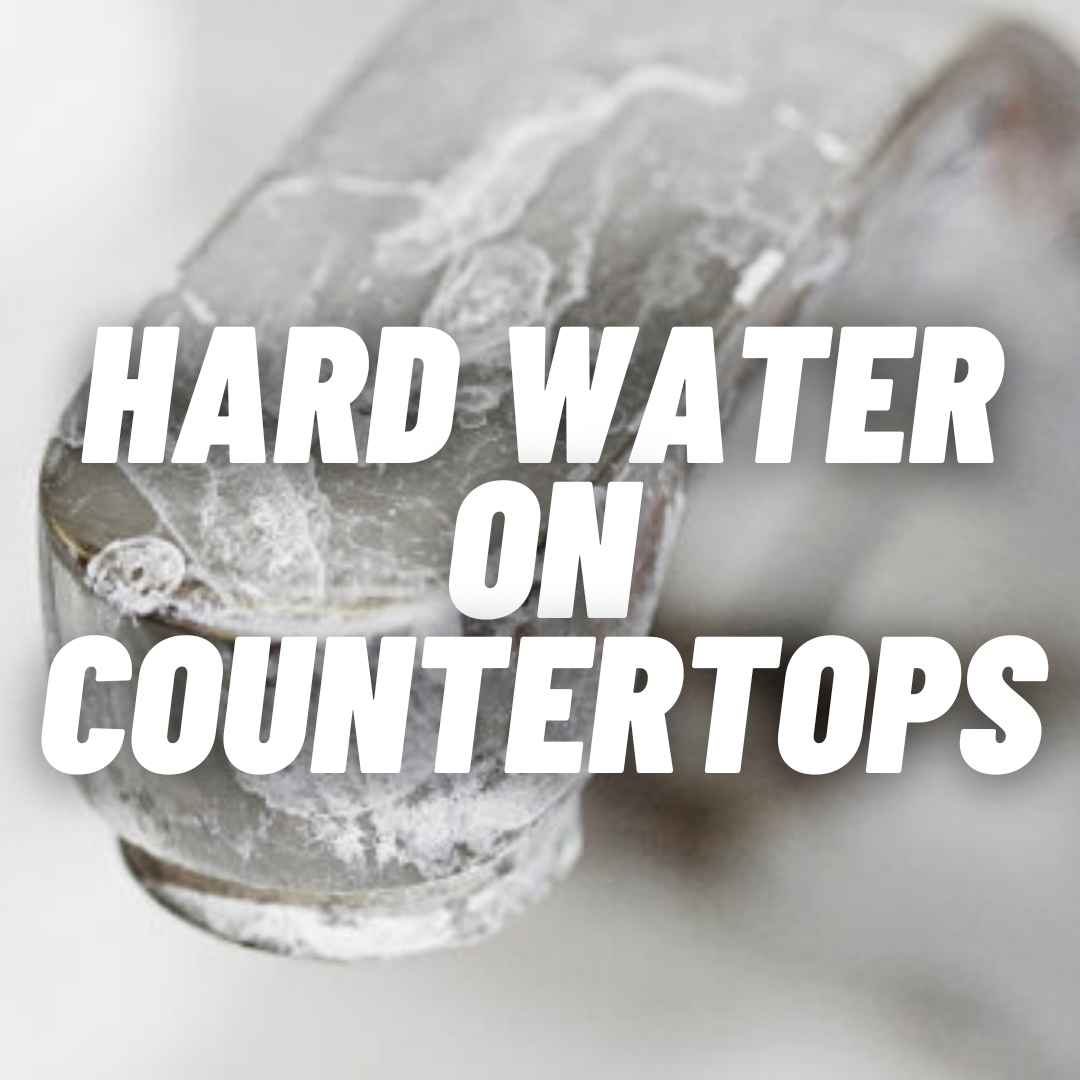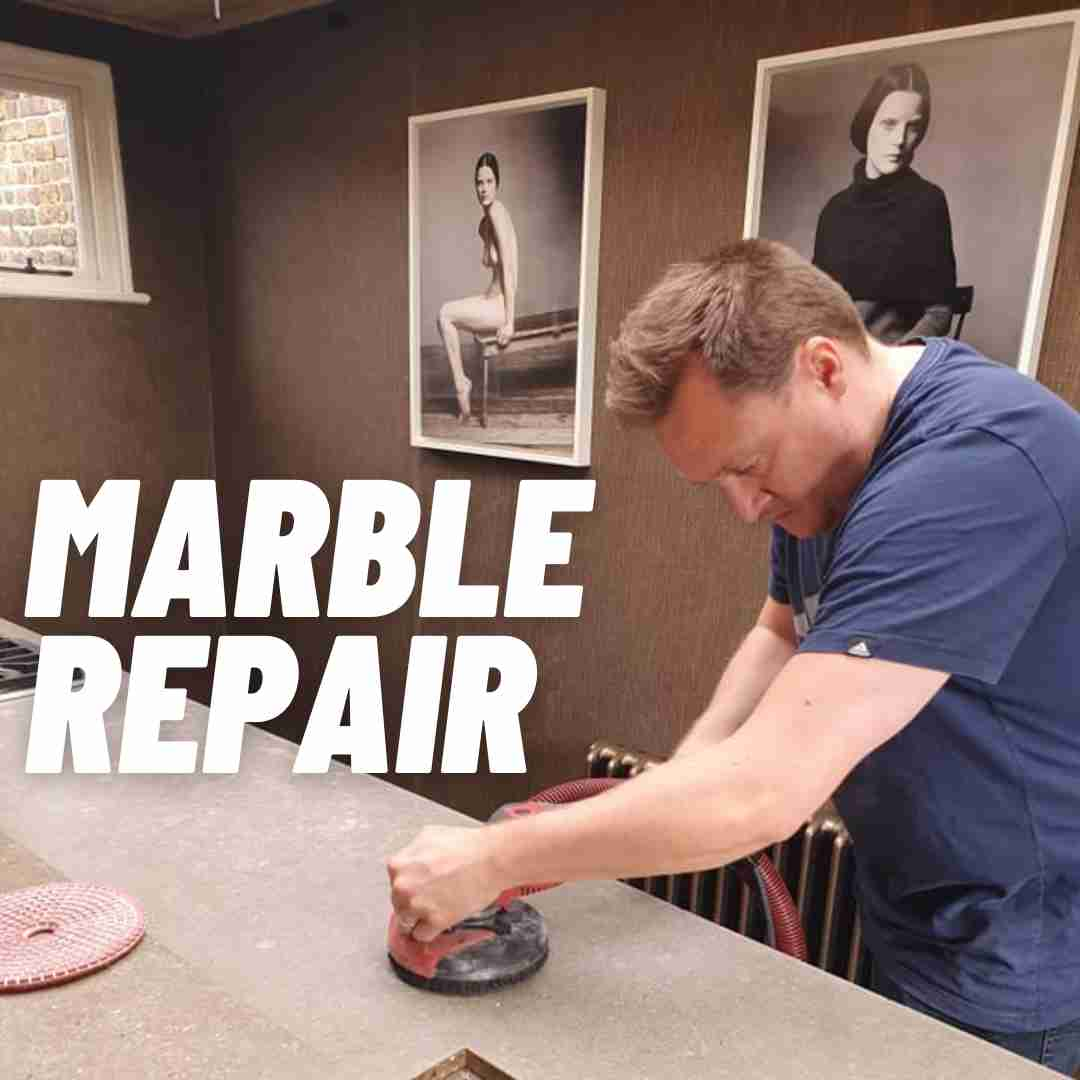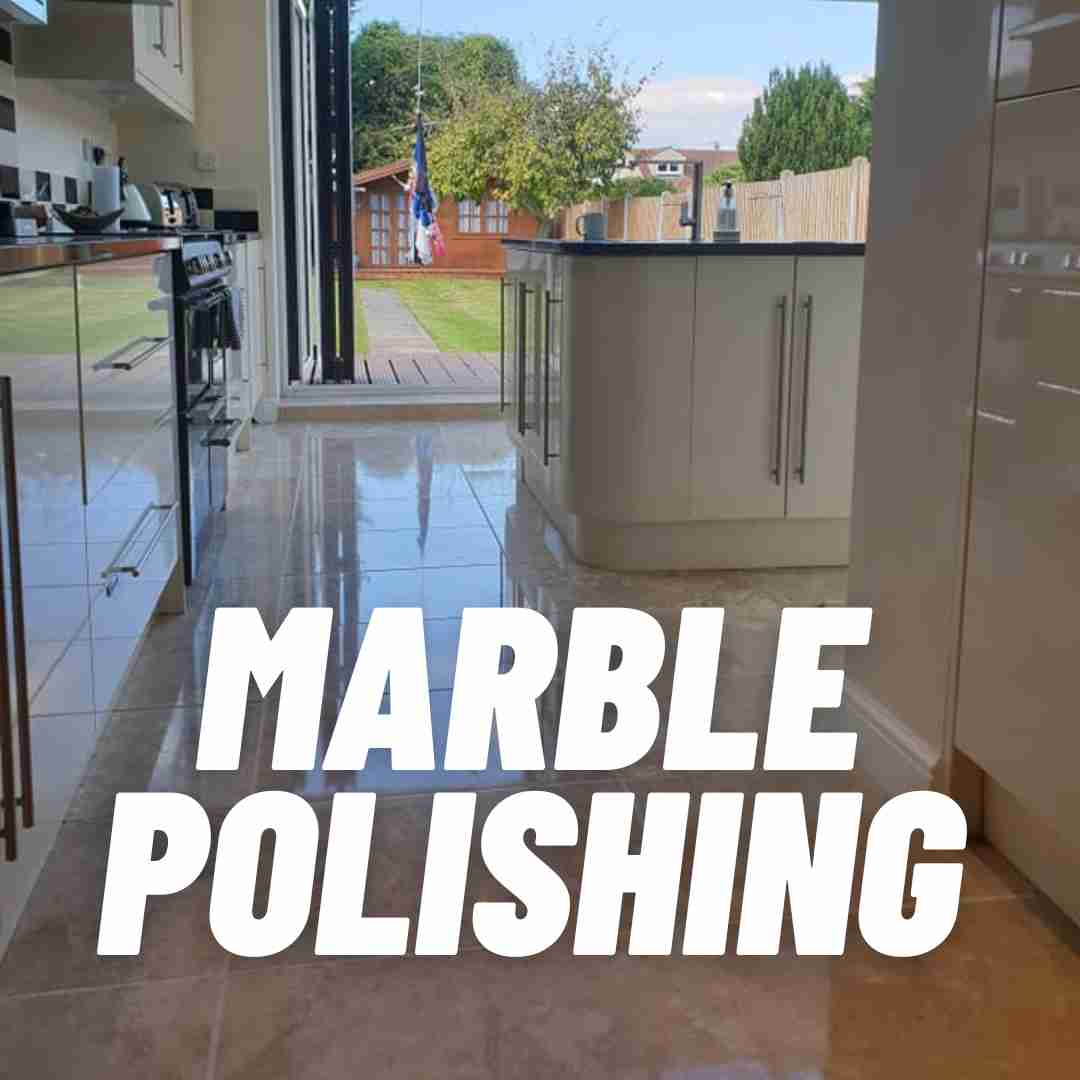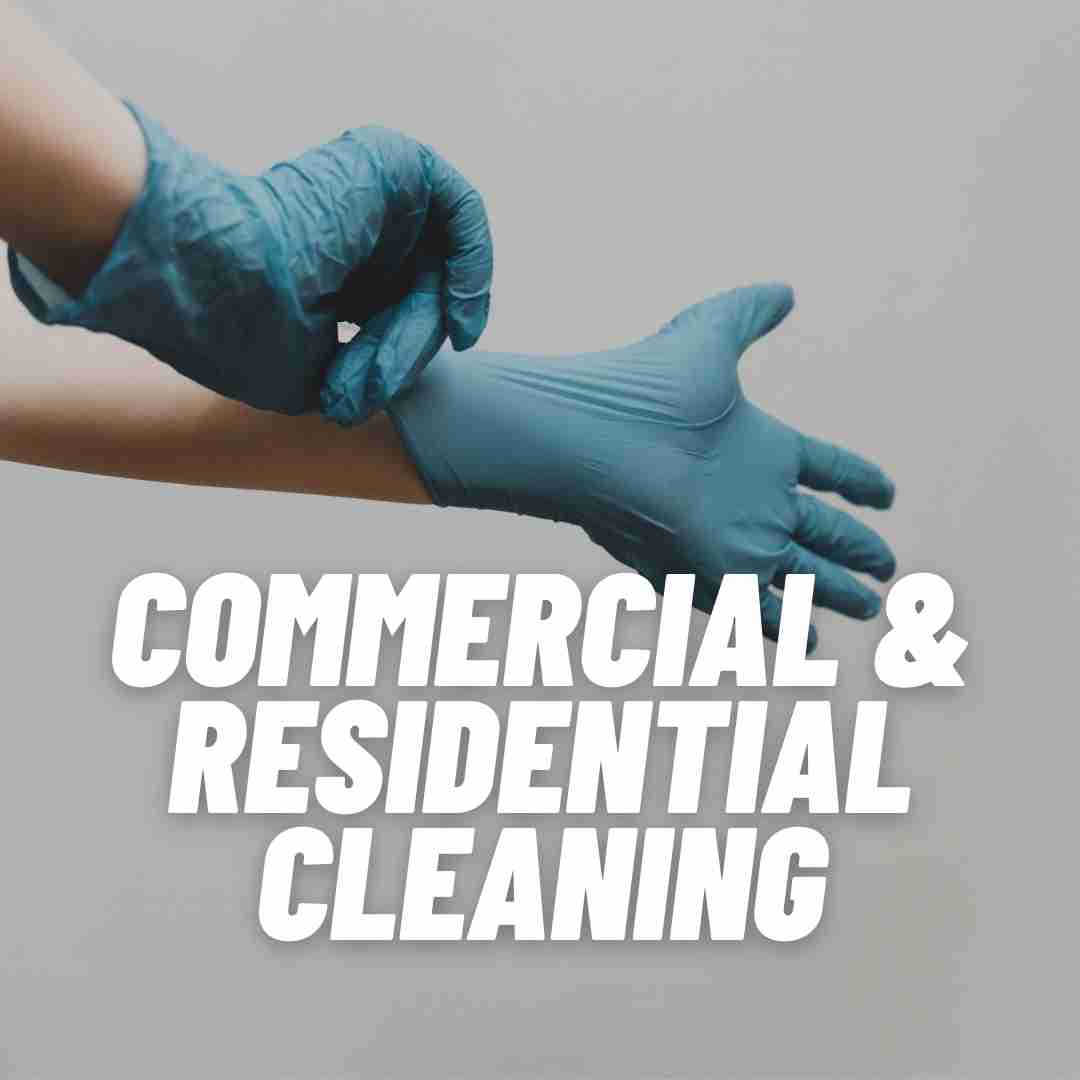Natural stone worktops, such as marble and granite, are an elegant choice for kitchens and bathrooms. However, they are susceptible to hard water marks and scale build-up. In this section, we will discuss various methods to remove hard water marks from natural stone worktops, as well as special considerations for different types of stone.
Common Methods to Remove Hard Water MarksHard water contains high levels of calcium carbonate, which can leave unsightly marks on natural stone surfaces. Some common techniques to remove these stains include:
Vinegar solution: Mix equal parts water and white vinegar, then apply it to the surface using a soft cloth. Gently rub the cloth in a circular motion to remove the marks. Rinse thoroughly with water and dry with a soft towel.
Chemical agents: Specially formulated hard water stain removal products are available on the market. Follow the manufacturer's instructions for application and rinsing.
Polishing: If the marks are persistent, you can use a polishing compound designed for natural stone to buff the surface. Apply a small amount of polish and use a soft cloth or buffer pad to rub it in circles.
Special Considerations for Marble and Other Types of StoneDifferent types of natural stone may require special treatment to remove hard water marks. Here are some considerations when
cleaning marble and other natural stone surfaces:Avoid acidic cleaners: Marble is especially sensitive to acidic substances, including vinegar. Instead, use a gentle pH-neutral cleaner formulated for use on marble.
Test a small area: Before applying any cleaning product or method, perform a test on a discrete area of the surface to ensure it doesn't cause any damage.
Apply sealant: Applying a sealant specifically designed for natural stone can help protect against future water hardness stains. Follow the manufacturer's instructions for application and curing time.
With proper care and attention, it's possible to keep your natural stone worktops looking pristine despite the presence of hard water. Choose the appropriate method for your specific stone type and always test new products to ensure compatibility.











